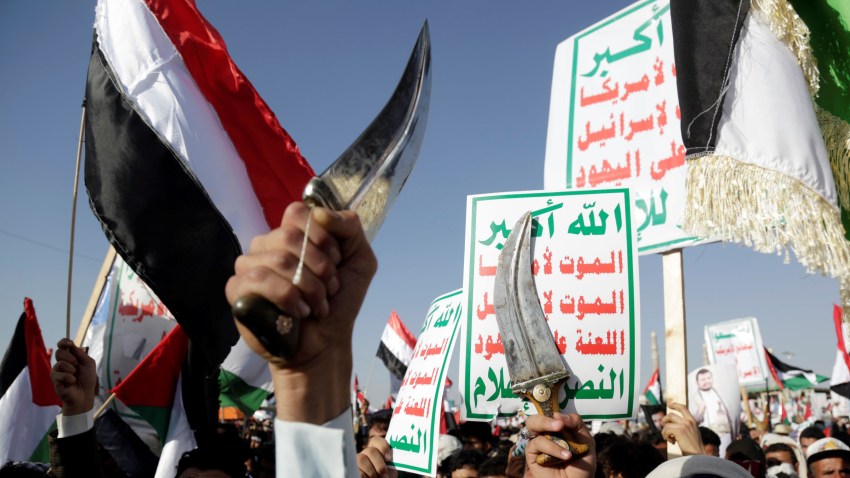At a time when great power competition is all the rage, and debates over multipolarity versus unipolarity dominate academic and policy discussions regarding the current global order, it is notable that the drivers of many of the core security challenges in the world today are not, in fact, states. From Hamas in Gaza and the Houthis in Yemen, to Taiwan and Kosovo, the world is dotted by “quasi-” or “de facto” states, defined formally by international relations scholar Lucas Knotter as “political communities that manifest forms of statehood in international politics but lack international legal recognition.”
Quasi-states range from entities that are essentially fully sovereign states in all but name, such as Taiwan, to territory whose sovereign status is still widely debated, such as Somaliland. It is easy to view these entities as geopolitical oddities in a world dominated by formal nation-states, an interesting side show to the real matter of international politics.
But such a view is a mistake, especially now, when one could argue that contestation by and over the status of de facto states is a major driver of international relations in today’s world. Consider that, according to data from the Uppsala Conflict Data Project, conflicts involving nonstate actors are a key reason that the world is presently witnessing a level of conflict not seen in 80 years. While some of these conflicts involve traditional rebel groups, such as the March 23 Movement, or M23, in the Democratic Republic of Congo, others are the physical manifestation of a bigger philosophical and conceptual debate: What is a state? And who deserves to be treated like one?

